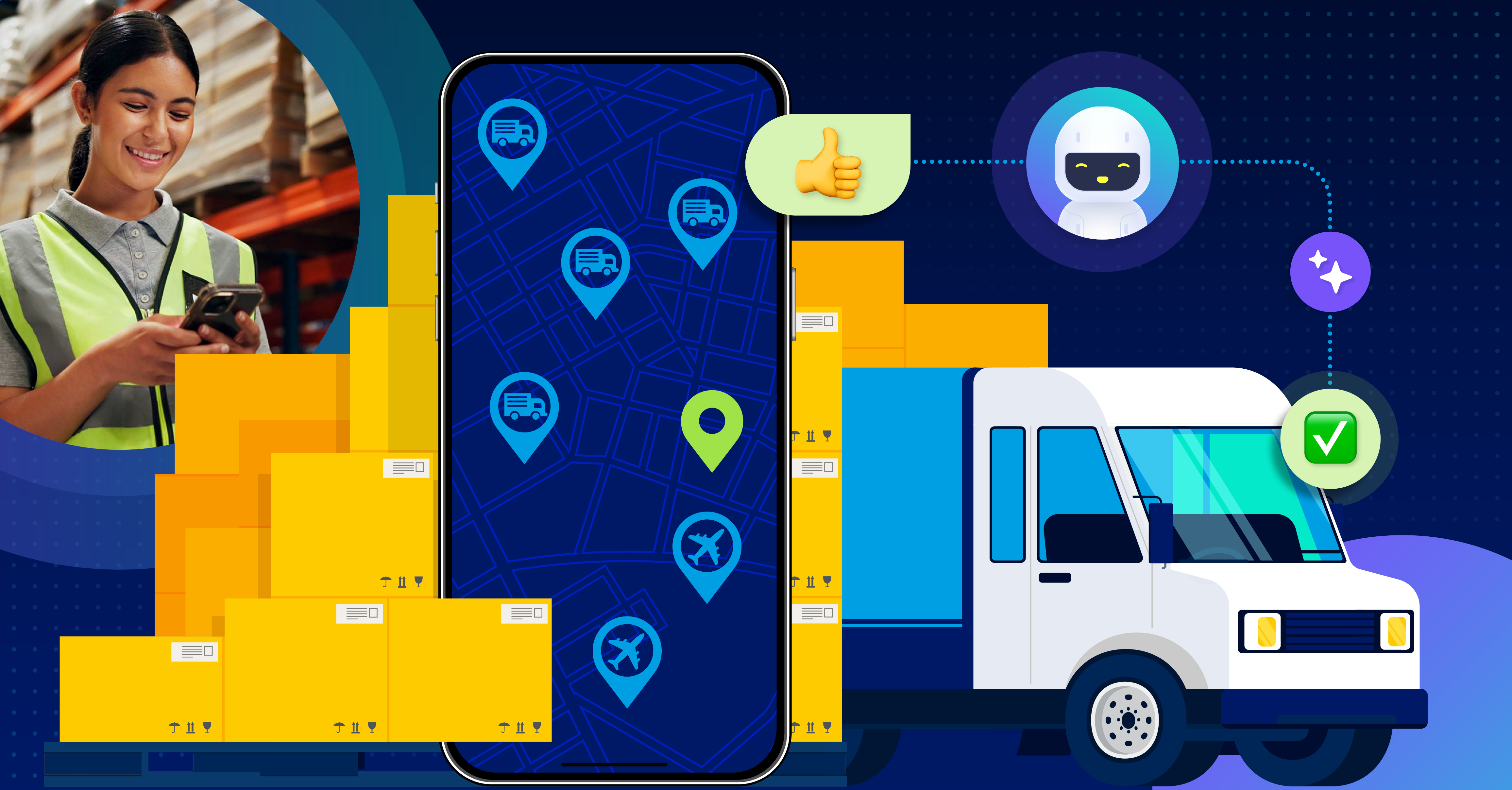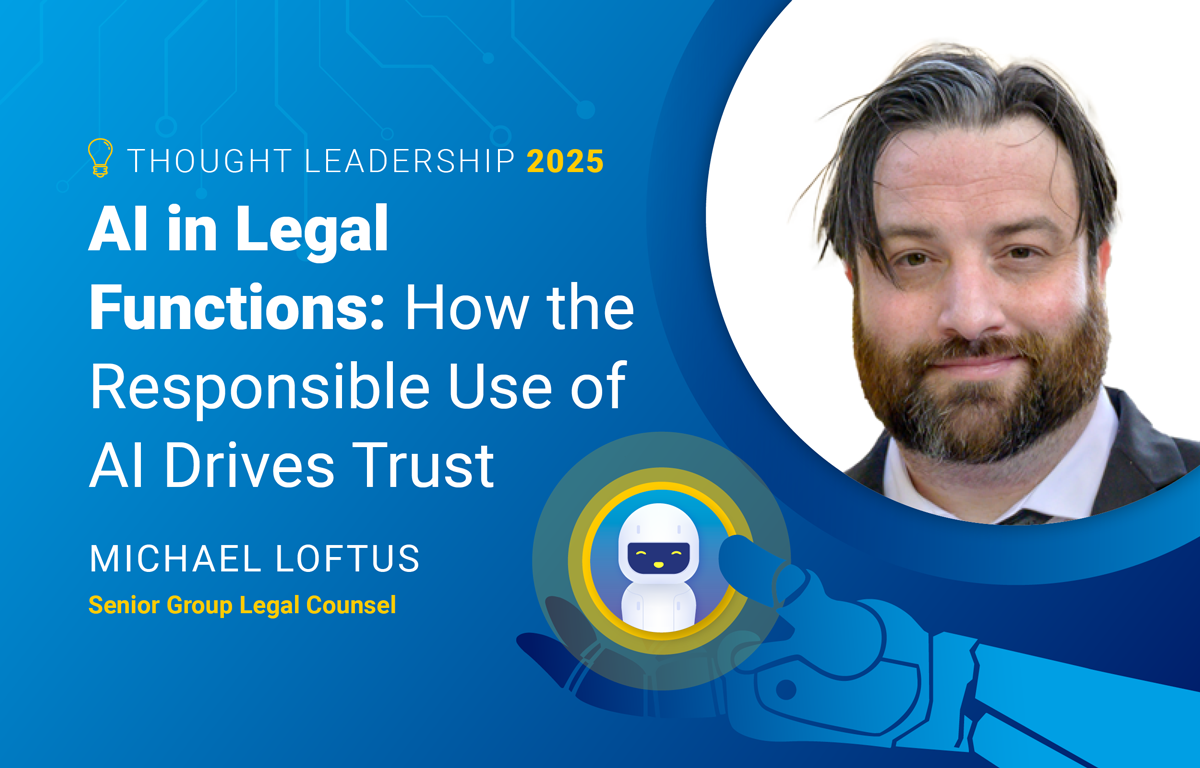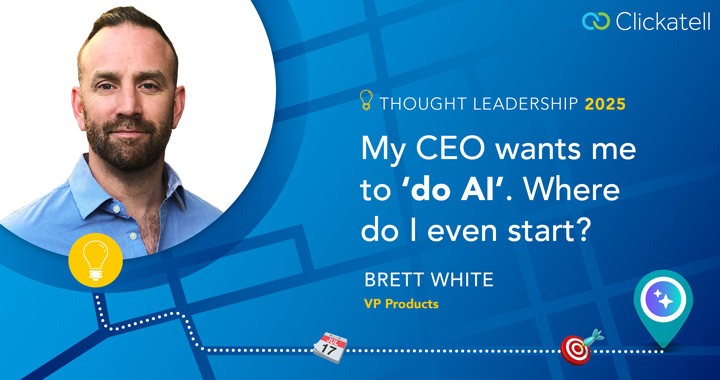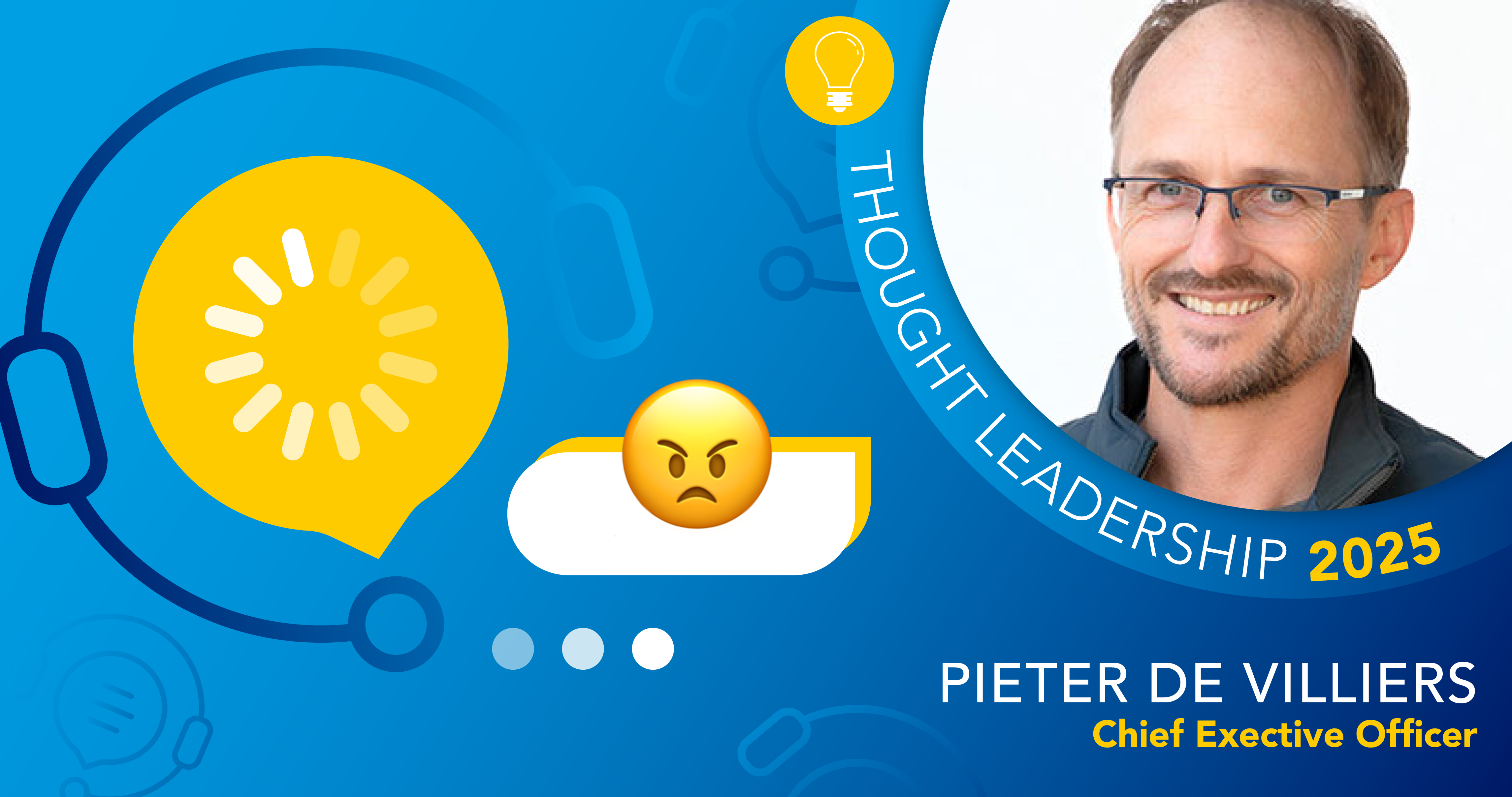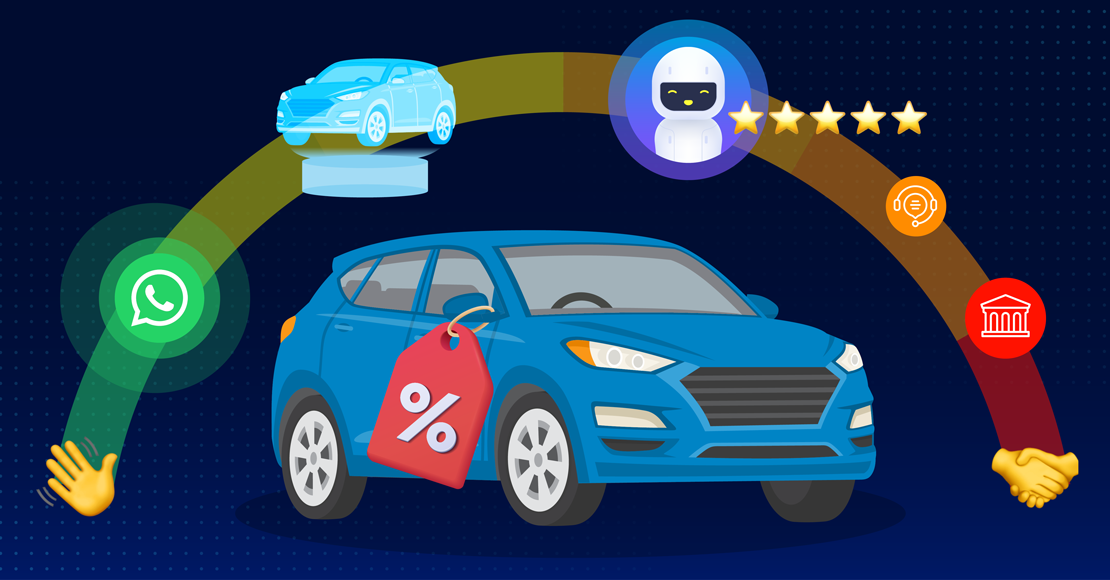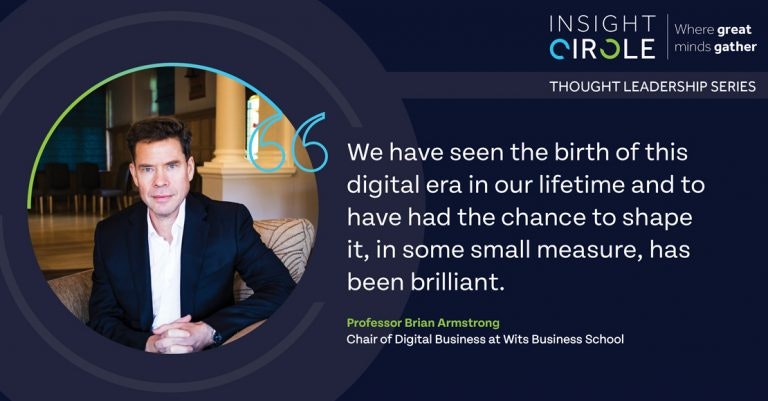
To be remembered as the man who helped achieve the impossible is a legacy very few can hope to claim. But when you mention the name, Professor Brian Armstrong, most South Africans will know him as the Group COO who, along with a core leadership team under Sipho Maseko, is credited with turning national telco, Telkom around - a Herculean task which was not thought possible at the time.
Insight Circle spent some time discussing digital transformation with Prof Armstrong, now the chair of Digital Business at Wits Business School. His wealth of industry experience and passion for creating a more equitable society makes him one the most insightful thought leaders of our time.
In this first part of our two-part series, Prof Armstrong takes us through his views on how technology is enabling radical transformation as well as looking at the benefits of automation - if we could just get our minds right.
Unlearning bad behaviour to bring about meaningful change
Like many IT professionals, Prof Armstrong qualified as an electrical engineer, later adding a doctorate from University College London. However, it wasn’t long before the rapidly advancing local IT space captured his imagination. His early insights into how IT can transform businesses quickly saw him recognised as an industry thought leader in digitalisation, convergence and business strategy.
His rise through the ranks of management and experience at BT Global Services, saw him then move to the leadership of Telkom in 2010.
Reflecting on his time there, he compares the telco to now-failing state owned power utility, Eskom.
“When I joined, the news about Telkom was universally bad. You couldn’t open a newspaper or turn on the radio without hearing how shocking it was. Customer feedback was also pretty grim, and so you had to be fairly resilient to believe you could achieve success. But you also had to believe it was worth doing. Getting twenty thousand adults to change the way they behave is not easy. But this is what digital transformation is all about. It’s not about tech. It’s about changing behaviour and unlearning the old way of doing things,” he explains.
With the success of the astonishing turnaround under his belt, Prof Armstrong joined the Wits Business School in July 2017, in the role of Professor and Chair of Digital Business. He describes his focus there as: “...building a comprehensive knowledge base on the diverse dimensions of digital business, and developing more scientifically rigorous models for core concepts in digitalisation, with academically sound underpinnings.”
This digital era has brought about radical transformational change
Armstrong says that, much like a cricket umpire has the best view of the game, those of us working in the tech space - and particularly those involved in digital transformation - are fortunate to be involved right now as we witness the massive advances in human development.
“Those who are at the heart of the IT industry have the best seats in the house of the greatest show on earth. This is arguably the most fascinating and transformational period that any single generation has ever lived through. We may have had profound change before, but that change has taken generations. We have seen the birth of this digital era in our lifetime and to have had the chance to shape it, in some small measure, has been brilliant,” he says.
Prof Armstrong points out however, that while it may be because of technology that we are afforded this opportunity to change our world, the transformation is not solely about the tech. The real story is a societal one. He says that if we look at companies like Facebook, Twitter or Tik Tok, they are all great tech companies, but he points out that what makes them such valuable companies is how they have tapped into a new means of human engagement, and by association, a new way of doing business.
“If we look at platform businesses and the sharing economy, we can really see a whole new way of doing business. If we add in technology, now intersecting with really deep changes in society as well as these transformational new ways of doing business, we end up with a heady cocktail of disruption. Now add the kick from left of field handed to us by Covid and we have a world that will never be the same again,” he says.
Is our risk-averse mindset causing us to miss out on the benefits of automation?
One of the big opportunities of digital transformation is the efficiencies offered by automation. Machines don’t take tea breaks and they don’t baulk at taking orders. However, Prof Armstrong says that when companies embark on an automation process they must have HR involved from the outset. This will allow re-skilling to take place so as to minimise the human “collateral damage” often associated with this aspect of digital transformation.
“Properly executed there are real benefits to automation. Machines can scale much better and faster and we know that the ability to flex your scale delivers huge benefits. What’s more, computers make far fewer mistakes - we are talking orders of magnitude here. The third benefit is that machines don’t have emotions. Humans are temperamental and this impacts our work. Finally, machines are just more efficient. When you combine all these benefits, machines are simply more compelling for some tasks. Unfortunately South Africans tend to need quantitative proof before they will make big changes like automation. Our prevailing mindset is survivalist, and focused on risk mitigation rather than an expansive one. But if we want to get back onto a winning path the corporate sector must move into an opportunity maximisation mindset. That said, it is up to us in the tech fields to better articulate the benefits of digital transformation,” he admits.
In the next instalment, Prof Armstrong shares his thoughts around the ethics of digital transformation as well as how South Africa can tackle the fraught issues of a growing digital divide.
Step into the future of business messaging.
SMS and two-way channels, automation, call center integration, payments - do it all with Clickatell's Chat Commerce platform.


